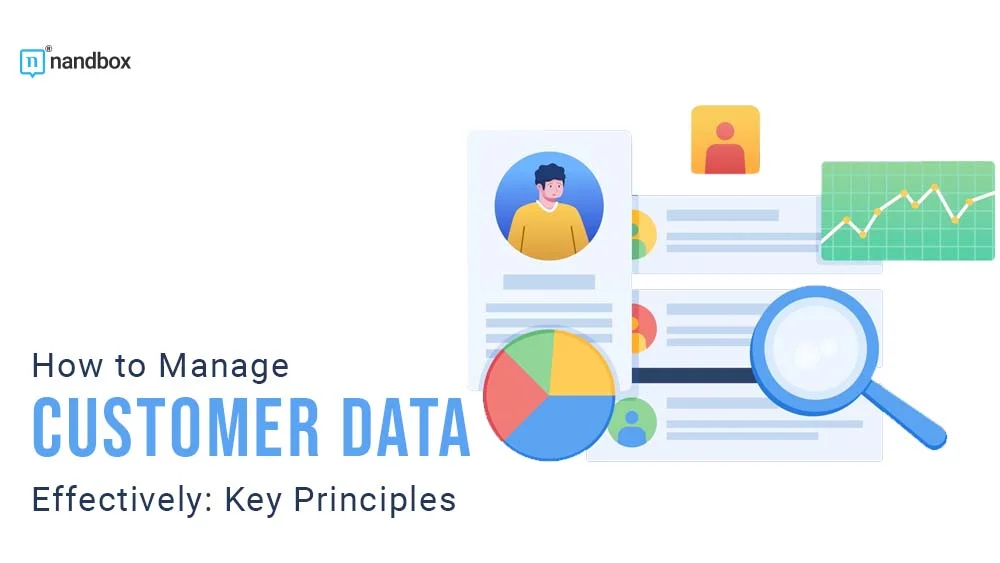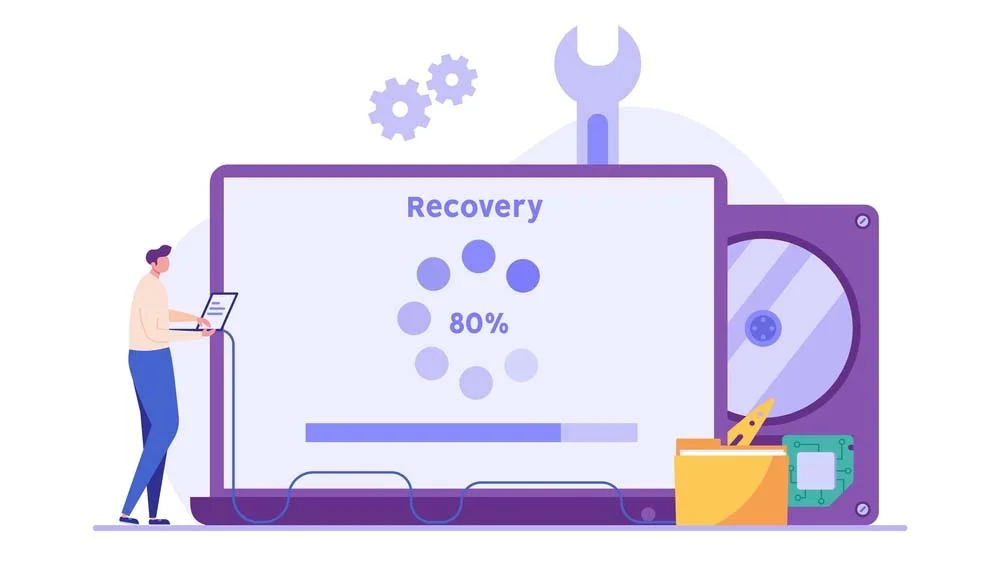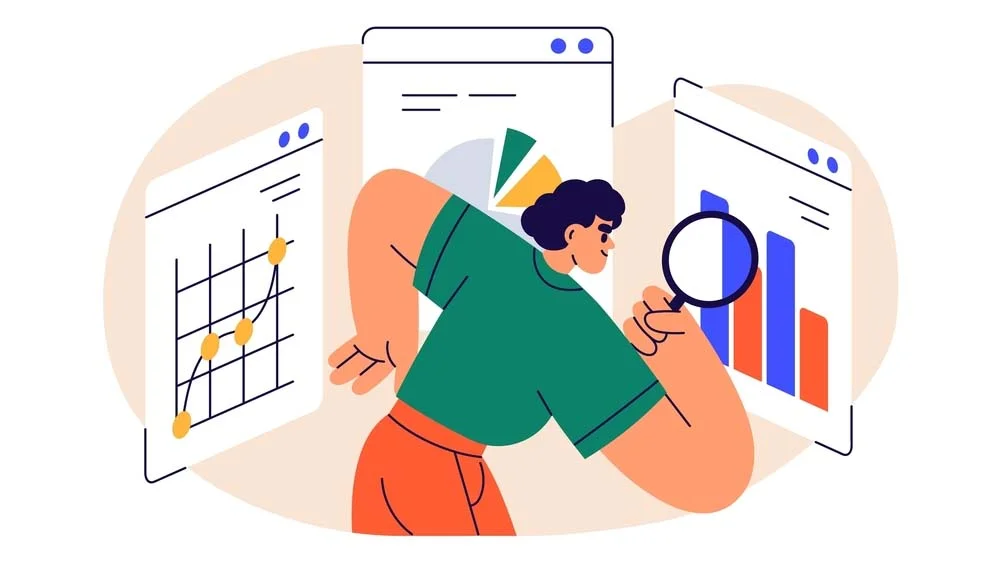Customer data is any form of information a business collects about its customers, for example, through their interaction with apps, websites, and surveys. This includes names, addresses, gender, media, etc.
Data is a treasure-trove for businesses in the modern world. To manage customer data is essential for a business’s marketing, strategic planning, research, and other purposes. Therefore, it needs to be managed appropriately. Moreover, customer data may include sensitive information that can be used for malicious purposes if this data isn’t handled with care.
Having the above in mind, let’s explore the key principles you can use to manage customer data effectively.
Data Minimization
Limit your data collection to only what is relevant and necessary for your business’s use. Minimization reduces the chances of being a victim of data breaches, especially if the information is sensitive. For example, if the only data required is name and gender, there is no need to ask for credit card numbers or passwords.
Always remember that if the intended purpose can be fulfilled by using alternative non-confidential data, that is the safest option.
Data Protection
Any information you collect from your clients must be guarded against misuse or breaches. The data should always be safe and available, and its integrity should be maintained. To do this, you can take the following measures:
- Encryption: encoding information ensures that it remains safe while in transit or storage
- Password protection: data must always be kept in safe databases with unique and strong passwords
- Data access management: specify who can access the data and how they can use it
- Physical security of gadgets: gadgets that have customer data should be secured to avoid unauthorized access
- Unwanted data disposal: once the client leaves your company, for example, have a plan on how to destroy their data records
To implement these and additional data protection measures, find a cybersecurity professional on Leadar or through referrals to help and advice. Remember, better safe than sorry.
Data Backup and Recovery
Like any other modern business, you might rely on electronic systems to handle customer data. Unfortunately, these systems are prone to countless threats that occasionally succeed. Therefore, you need a backup plan to follow in case of hacking or serious accidents.
Put measures in place to help you recover lost data from your gadgets during emergencies. Research the best data recovery services in the market before settling on any solution.
Data Auditing
Data auditing will help you mitigate any problems your business may face concerning timely data management. Often assess your database to maintain high-quality data only. Check whether your customer data is safe or corrupted. Additionally, check whether the data is being handled properly, from the data entry stage to storage and processing.
State data rules and regulations change often to keep up with new laws on customer protection. Thus, auditing customer data will be essential for your business to comply with data management rules and regulations.
Data Accuracy and Quality
Customer data should be treated with the utmost integrity. Inaccurate and substandard data quality may harm your business’s reputation and cost you money. For example, imagine the damage caused by merely truncating figures from a customer’s account.
Likewise, information such as your client’s name and gender should be treated meticulously. An example of why this is important is the case of Starbucks and its alleged notoriety for misspelling customers’ names. Because of this, a customer named Bavitra threatened to sue Starbucks for writing her name wrongly as “Babi”, which means “pig” in her language.
Opt-In-Opt-Out Consent
This law dictates that you should only collect data from your customers with their consent. However, if they consent to data collection but later change their mind, they should be free to opt out of the deal at any time. For example, if a customer joins your email list freely, they should be able to unsubscribe at any time.
Another case is when a customer using your business app consents to special app permissions like accessing location and media on their phone. When they decide they no longer want it, it is within their rights to opt out of the service.
Transparency
As a business owner, you should be clear about everything involving your customers’ data. For instance, you should explain what kind of data you are collecting, why you are collecting it, and the purpose of collecting it. Additionally, make your clients understand the data protection mechanisms you have implemented.
Transparency helps your customers trust you with their data, which is the cornerstone of customer relationships and business growth in the digital age.
Data Synchronization
Data needs to be updated for consistency and accuracy. Synchronization refers to the updating of data across sources. The most common approach to synchronization is consolidation.
Consolidation involves pooling data from different sources into one centralized source. This organizes your data for easy analysis and decision-making. Additionally, data collection is consistent with the quality. This consequently makes personalization and general customer experience better.
Data Ethics
As the business owner, you are entrusted with customer data and promise to safeguard it. Hence, you are responsible for the smallest data fragments. However, many companies have been accused of breaching data ethics.
If you remember, Meta CEO, Mark Zuckerberg was in trouble over allegedly using Facebook user data to fight competitors as he rewarded his preferred companies by granting them access to user data. Stick to your company’s values and ethics and safeguard your customers’ data.
Data Governance
To manage customer data effectively, you need internal policies that dictate how and what data should be gathered, processed, stored, and destroyed. Your data governance policies should guarantee customer data safety, as well as work for the best interests of the business, ensuring that every piece of customer data managed by the data processing engine is treated with the utmost care and respect for privacy and security.
A Final Thought
Customer data is wealth, and you should handle it as such. The above principles of customer data management guarantee a win-win situation for businesses and their clients. You ensure your clients’ data is safe, and you get quality and up-to-date data for your marketing needs.





